To Be Left Alone: Living With Autism –10

DIAGNOSIS AUTISM
Since I was 19 I had not been to the dentist, and I had lost a filling when I was 25. When I was 43, in 2013, this tooth became infected and I got a large abscess. I tried to treat it with home remedies for about a month, but realised I needed medical attention when I woke up one day with my whole head and neck swollen and feeling feverish. Reluctantly I made a doctor’s appointment and got some antibiotics but, while I was there, the doctor saw on my notes that I had requested an autism diagnosis seven years previously. I had given up on it, but it seemed there was now a service for adult diagnosis and she asked me if I wanted to be referred – so I said yes.

It took several months to get the first, pre-diagnostic interview and it was just over two years from that doctor’s appointment that I finally got my diagnosis, in May 2015. I was 45 and suddenly I wasn’t just a mad person living in the woods any more, I was autistic.
Getting a diagnosis is a real rollercoaster of an experience. I had to come to terms with a whole new way of thinking about myself with respect to other people. It has been likened to watching a film with an extremely unpredictable plot twist, and then watching the film again knowing what is going to happen and seeing everything in that new light, with a new understanding.
You can account for things that seemed impossible to understand before and slowly things begin to make more sense. This is a process, though, and takes time to work through; it is similar to the stages of grieving, in a way.
I had to say goodbye to the person I had been trying to be all my life and become a new me, hopefully a more authentic me. But in order to be your authentic self you need a loving, supportive network of people who accept you and your diagnosis, and this is often not possible for the person who has been masking their difficulties and camouflaging themselves to fit in throughout their whole life. People see that I have always done it and ‘seemed fine’ and don’t understand why I can’t continue to do so. They do not understand the enormous mental strain and gargantuan effort that goes into every single interaction and do not see me having to hide myself away for days after any social activity or a day at work.

I work two days a week and spend the other five recovering and I know that people do not believe me when I say I haven’t left my flat or haven’t spoken to anyone since I last saw them.
In addition to my difficulties not being accepted by people I see regularly, my family also do not see that my diagnosis should make any difference to them, but they all live far away and I do not often see them.
I have a few good friends, most of whom are autistic, but a few non-autistic who are very accepting. It is not necessary for us to see each other often and indeed we can go for months without any contact and then pick up as if no time has passed. There are no judgements, just support, acceptance and gentle encouragement when required.
In order to complete the process of fully becoming my authentic autistic self I do feel that it is necessary to break off contact with people who do not accept how difficult interactions with them are for me. The chronic people-pleasing side of me is wrestling with this, as none of them are bad people, they are just too busy to listen or they think they already know all about it or what I am telling them doesn’t agree with what they think they know about me.
To be continued…

Emma lived a traumatic and tumultuous life for 30 years before moving to Wales for a bit of peace and quiet and ended up spending 12 years living in a tent in the middle of a forest.
She was diagnosed as autistic at the age of 45 when everything suddenly started to make sense, or at least the reasons why nothing made sense started to become clearer. She now lives in Pembrokeshire, working hard to raise awareness, understanding and acceptance of autism.
Please note that since posting this series from Emma Wishart she has been published in an anthology from Editor and writer Mair Elliot, From Hurt To Hope- Stories of Mental Health, Mental Illness and Being Autistic. @Jessica Kingsley Publisher 2021

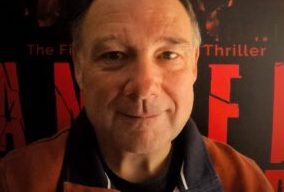








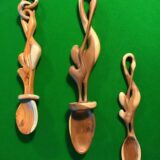



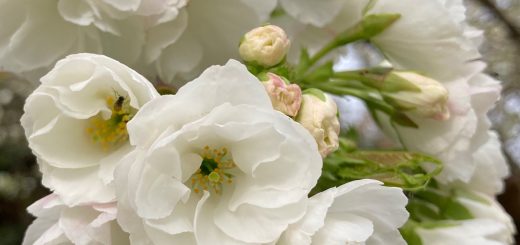
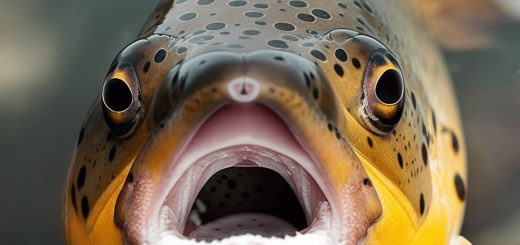
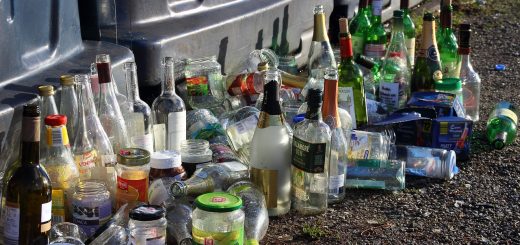
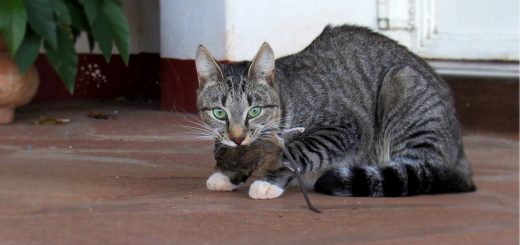


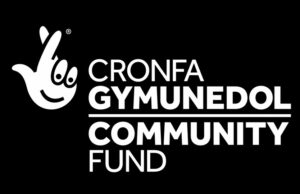
A great article and such an important topic. I look forward to the next instalment. Thanks for sharing!